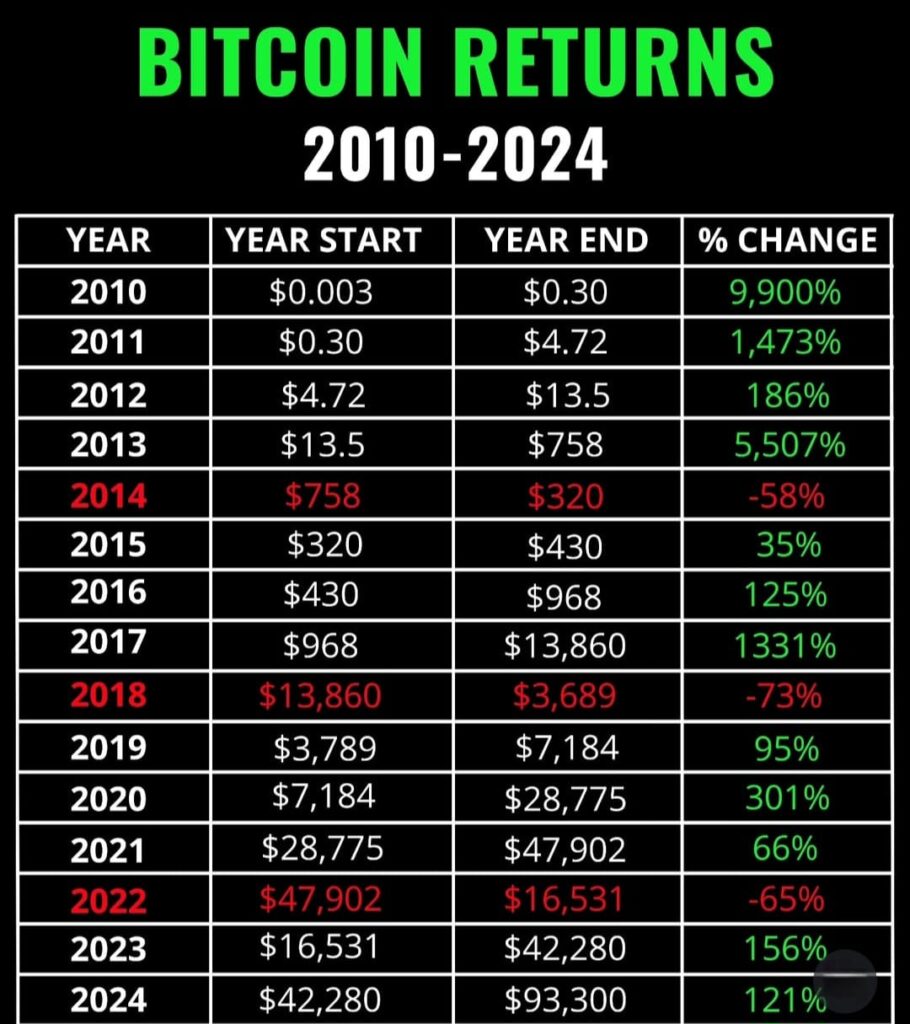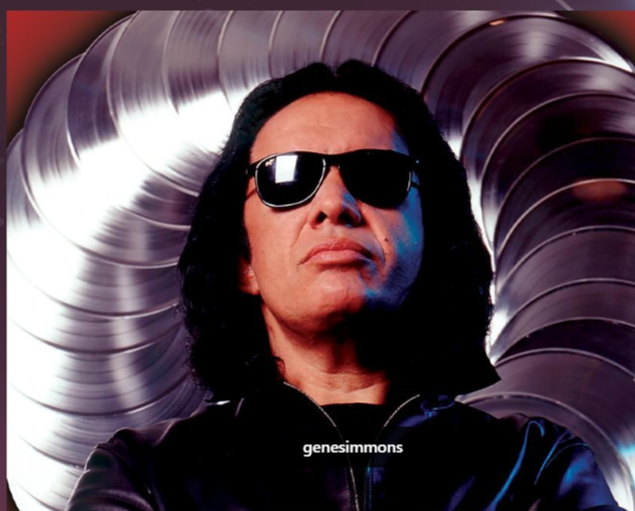Cardano or ADA is a blockchain platform that prioritizes scalability, sustainability, and interoperability, aiming to deliver a secure and decentralized ecosystem for the development of decentralized applications (dApps) and smart contracts. Its native cryptocurrency, ADA, is named after Ada Lovelace, the 19th-century mathematician known as the first computer programmer.

Table of Contents
Key Details
- Launch Date: September 29, 2017
- Founder: Charles Hoskinson (co-founder of Ethereum and CEO of IOHK)
- Token Symbol: ADA
- Purpose: To create a highly scalable and sustainable platform for building dApps, smart contracts, and decentralized financial services.
Which celebs are invested in ADA? Scroll down🔻

Advantages
- Peer-reviewed and scientifically driven development.
- Energy-efficient and sustainable through PoS.
- Highly scalable and interoperable.
- Strong focus on governance and decentralization.
Challenges
- Slow Development: Cardano’s rigorous development process leads to slower updates compared to competitors like Ethereum and Solana.
- Adoption: While growing, Cardano’s ecosystem is still catching up with Ethereum in terms of dApps and developer activity.
- Competition: Faces strong competition from other Layer-1 blockchains like Ethereum, Solana, and Avalanche.
What Makes Cardano Unique?
Cardano differentiates itself by employing a scientific approach to blockchain development, incorporating peer-reviewed academic research and formal methods to ensure a robust and secure platform.
Key Features
- Ouroboros Proof-of-Stake (PoS) Consensus:
- Cardano uses the Ouroboros consensus algorithm, which is energy-efficient and secure.
- Validators, called “stake pools,” are selected based on the amount of ADA staked.
- Layered Architecture:
- Settlement Layer (CSL): Handles ADA transactions.
- Computation Layer (CCL): Enables smart contract execution, offering flexibility for developers.
- Scalability:
- Cardano aims to achieve high throughput and scalability using technologies like Hydra, which is a Layer 2 scaling solution.
- Sustainability:
- The blockchain includes a treasury system, where a portion of transaction fees is set aside for future development.
- Interoperability:
- Cardano is designed to work with other blockchains and legacy financial systems.
- Eco-Friendly:
- Its PoS mechanism uses significantly less energy compared to Proof-of-Work blockchains like Bitcoin.
Use Cases
- Decentralized Finance (DeFi):
- Cardano supports lending, borrowing, and yield farming protocols.
- Smart Contracts:
- Developers can build dApps on Cardano using Plutus, its native smart contract platform.
- Supply Chain Management:
- Cardano is used for tracking supply chains and verifying product authenticity.
- Identity Verification:
- Projects like Atala PRISM leverage Cardano to provide decentralized identity solutions.
- Government and Enterprise:
- Collaborations with governments (e.g., Ethiopia for student record tracking) showcase its real-world utility.
Tokenomics
- Maximum Supply: 45 billion ADA
- Circulating Supply: Approximately 35 billion ADA (as of January 2025).
- ADA Distribution:
- Staking rewards.
- Treasury funding for network development.
- Public and private token sales.
Staking ADA
Cardano is a fully proof-of-stake blockchain, and users can stake ADA to earn rewards:
- Delegated Staking: ADA holders delegate their tokens to a stake pool.
- Annual Yield: Typically around 4-6%, depending on the network’s performance.
Development Phases
Cardano’s development is structured into five phases, each named after famous historical figures:
- Byron (Foundation): Focused on establishing Cardano’s foundational architecture.
- Shelley (Decentralization): Transitioned to a fully decentralized network.
- Goguen (Smart Contracts): Introduced smart contract functionality.
- Basho (Scalability): Focuses on scaling and performance improvements (ongoing).
- Voltaire (Governance): Will introduce decentralized governance and a treasury system.
Partnerships and Adoption
- Ethiopia: Implementing a blockchain-based identity system for 5 million students.
- World Mobile: Building decentralized internet services in Africa.
- Chainlink Partnership: For real-world data integration into smart contracts.
Where to Buy ADA
ADA can be purchased on major cryptocurrency exchanges, including:
- Binance
- Coinbase
- Kraken
- KuCoin
- Bitfinex
Wallets for ADA
- Daedalus Wallet: Cardano’s official desktop wallet.
- Yoroi Wallet: A lightweight browser-based wallet.
- Hardware Wallets: Ledger, Trezor.
Recent Developments
- Hydra Scaling Solution: Testing for improved transaction throughput.
- Stablecoin Launch: Introduction of DJED, a decentralized algorithmic stablecoin.
- Increased DeFi Activity: Growing Total Value Locked (TVL) in Cardano-based DeFi projects.

Gene Simmons
